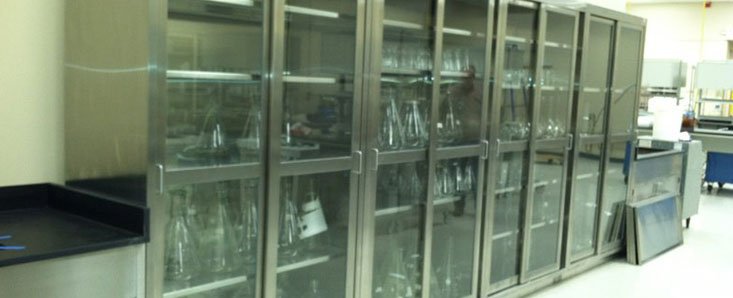STAINLESS STEEL AND GOING GREEN
12.30.2019
Stainless Steel and Going Green
In today’s times, “going green” has become not just a trend, but a way of our everyday life. Many industries in the world still rely on fossil fuels to power their business, but more and more businesses are working towards being more environmentally friendly with the techniques and the materials they are using. Above all other environmentally friendly materials, stainless steel stands at the top of the list.
Due to the use of stainless steel in heavy-duty applications, it is assumed that stainless steel may have negative impacts on the environment; however that is simply not the case.
Companies interested in protecting the environment can use stainless steel in a number of different ways. What makes stainless steel a “green” option? Why do companies, interested in “green” alternatives choose stainless steel? A few of the reasons are summed up below.
Stainless Steel is 100% recyclable:
Stainless steel can be recycled completely. Approximately half of all stainless steel materials that are in use today have been sourced from scrap materials. A single piece of stainless steel can be recycled an infinite number of times without it losing its key properties such as strength and corrosion resistance.
Long lifespan and low maintenance:
Many experts agree that stainless steel is one of the most durable and long-lasting substances in the world. Much of its durability can be owed to its remarkable corrosion resistance. Stainless steel can last for decades, if not centuries, it earns the right to be called a green alloy simply based on its longevity. Due to its non-porous surface, stainless steel is among the most hygienic materials so it requires minimal use of cleaning agents to be properly maintained.
CO2 emissions:
When you compare stainless steel against other materials to compare their CO2 emissions, stainless steel production does not emit a significant amount of carbon dioxide. Its carbon footprint is much smaller than that of aluminum and magnesium which are among the more harmful products when it comes to damaging the environment and defiling Mother Nature.













